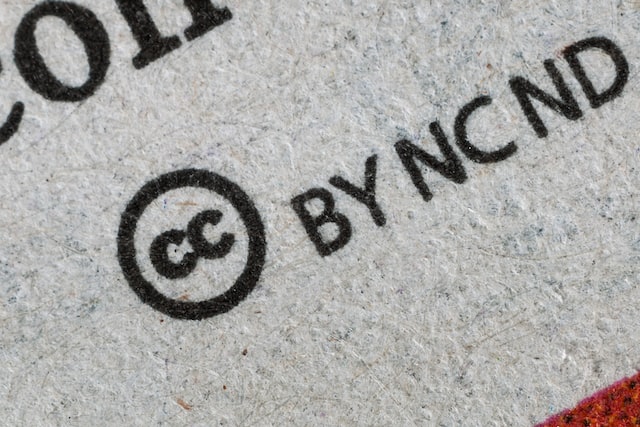Capital financing efforts have evolved with technological advancements and the rapidly changing business landscape. Investors and entrepreneurs are always ready to investigate the newest forms of investment vehicles and alternative financing options.
The tools of the trade for financing today often include attention to less tangible assets, such as debt instruments and intellectual property. Promising ideas now have a sense of value and can be financed or traded. Leveraging those ideas behind trademarks, copyrights, and patents can result in great opportunities for resourceful individuals and financiers.
Intellectual Property Financing
Intellectual property (IP) rights protect an individual or group from unauthorized infringement on proprietary concepts and details. A creative work, design, or invention can be protected by a number of legal means. The owner of intellectual property also has the right to leverage their IP creation in order to finance prototypes or new projects. The process of turning IP into financing is tricky and comes with a host of benefits, as well as some potential challenges.
Common Benefits of Intellectual Property Financing
Raising capital by using intellectual property as a special form of collateral helps newcomers gain the recognition and funding they need to turn an idea into a product or service that can successfully be introduced to the marketplace. Once overlooked, IP rights are now considered a valuable commodity and are increasingly being traded or considered as a viable investment option.
Individuals and corporations who own an existing patent, trademark, or copyright may be able to leverage their holdings to gain necessary capital for expansion or some other business venture. Utilizing intangible assets introduces new possibilities for startups or even struggling businesses who were unable to obtain sufficient capital funding through traditional lending means.
Potential Barriers to Leveraging Intellectual Property
Although the obvious benefits are enticing, leveraging IP rights is not without risk or potential drawbacks. Raising capital funding through nontraditional means often comes at a higher price and with potential ramifications. An alternative debt financing agreement could lead to financial turmoil if the IP does not result in a usable product or service, or if significantly more research and development is needed before going to market.
Capital contributions leveraged through intellectual property in the form of equity finance also come with a unique set of potential challenges. Since IP such as patents and trademarks represent the idea behind a particular product or invention, there is always a possibility that true ownership could be disputed. This could result in a costly and lengthy legal battle that delays potential profits.
Likewise, patent and copyright permissions are generally timebound. Although they do not expire, trademarks must be renewed at least once per decade. Companies that hold existing IP materials and want to leverage them for capital must consider their ownership rights. Investors may not be interested in IP rights that could be challenged or will expire in the near future.
Intellectual Property Review
Negotiating the sale or transfer of intellectual property is a complex matter that could require legal and tax advice for both parties. IP financing to raise capital in the form of equity or debt also requires a wealth of knowledge and expertise. Our team proudly offers an extensive range of services related to the valuation of intellectual property. Our proven methodologies help investors accurately calculate the potential risks and rewards associated with an investment opportunity that involves IP such as patents, copyrights, and trademarks so our clients can make informed decisions.

